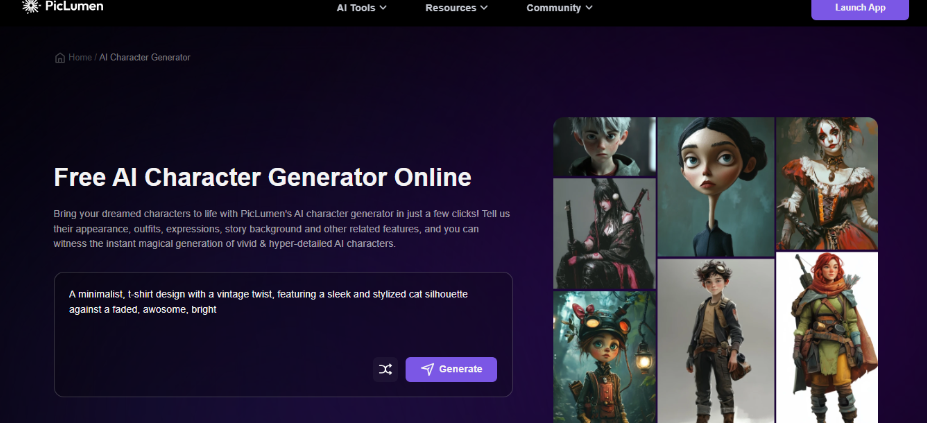The landscape of consumer behavior is constantly evolving, and businesses need to adapt to stay relevant. The CBD industry is no exception. As consumer preferences shift, CBD shops have responded quickly, changing how they market, sell, and educate about their products. With the increasing demand for natural health alternatives and the rapid growth of the digital marketplace, CBD retailers are navigating new challenges and opportunities. We will explore how CBD shops adapt to these changes, ensuring they meet the needs of their customers while staying ahead in a competitive market.
Understanding the Shift in Consumer Preferences
Over the past few years, consumer preferences in the health and wellness sector have changed significantly. More individuals are becoming conscious of what they put into their bodies, seeking natural and organic products as alternatives to traditional pharmaceuticals. This shift has created a substantial market for CBD products, which are derived from the hemp plant and are known for their potential health benefits. However, this growing interest also means that consumers are becoming more discerning. They demand transparency, quality, and efficacy from the products they purchase. Capital CBD American Shaman have recognized the importance of educating their customers about their products, focusing on sourcing, producing, and testing their CBD items. These shops build trust with their customers by providing detailed information about the origins of their products, the extraction methods used, and the third-party testing results. This transparency enhances the consumer’s shopping experience and sets the foundation for long-term customer loyalty.
Embracing the Digital Shift
E-commerce has transformed retail, and CBD shops have not been left behind. With the convenience of online shopping, consumers now prefer purchasing products from the comfort of their homes. This trend has been accelerated by the COVID-19 pandemic, which saw a surge in online shopping as people avoided physical stores. CBD retailers have adapted by establishing robust online platforms that offer a seamless shopping experience. These platforms provide detailed product descriptions, customer reviews, and educational content to guide consumers in making informed choices.
Additionally, many CBD shops have integrated social media marketing into their strategies, recognizing the power of social platforms in reaching a broader audience. These shops can connect with potential customers, build brand awareness, and drive sales through engaging content, customer testimonials, and influencer partnerships. The digital shift has also opened up opportunities for CBD shops to offer subscription services, allowing customers to receive their favorite products regularly without the hassle of reordering.
Personalizing the Customer Experience
As consumers become more knowledgeable about CBD, they seek products that cater to their specific needs. This demand for personalized experiences has led CBD shops to diversify their product offerings and provide tailored recommendations. Whether it’s CBD oil for anxiety, topical creams for pain relief, or edibles for sleep, customers want solutions that address their concerns. CBD retailers have responded by training their staff to offer personalized consultations, helping customers find the products that best suit their needs.
Additionally, some shops have introduced customization options, allowing customers to choose their CBD products’ strength, flavor, and form. This personalization enhances customer satisfaction and positions the shop as a trusted advisor in the consumer’s wellness journey. Furthermore, CBD shops leverage data analytics to understand consumer preferences and behavior, enabling them to create targeted marketing campaigns and personalized product recommendations.
Enhancing In-Store Experiences
While the digital shift is undeniable, many consumers still value the tactile experience of shopping in a physical store. CBD shops have recognized the importance of creating a welcoming and educational in-store environment. These shops are designed to be more than just retail spaces; they are wellness destinations where customers can learn, explore, and experience CBD products firsthand. CBD shops can engage customers in meaningful ways by offering product samples, hosting educational workshops, and providing one-on-one consultations.
The in-store experience is further enhanced by knowledgeable staff who can answer questions, offer product demonstrations, and provide personalized recommendations. This focus on customer service and education helps to demystify CBD for consumers, making them more comfortable with their purchase decisions. Additionally, CBD shops are incorporating technology into their physical locations, such as interactive kiosks that provide product information or virtual reality experiences that allow customers to see how CBD is made. These innovations create a unique and memorable shopping experience that keeps customers returning.
As consumer behavior continues to evolve, CBD shops are adapting innovatively to meet their customers’ changing needs and preferences. By embracing the digital shift, enhancing in-store experiences, personalizing the customer journey, and navigating regulatory challenges, these retailers are positioning themselves for long-term success in a competitive market. Expanding product offerings demonstrates the industry’s commitment to meeting diverse consumer needs. As the CBD market continues to grow, the ability of shops to adapt and innovate will be crucial in maintaining their relevance and attracting loyal customers. We will continue to see CBD shops evolve as they respond to new trends and challenges, ensuring they remain at the forefront of the wellness industry.






